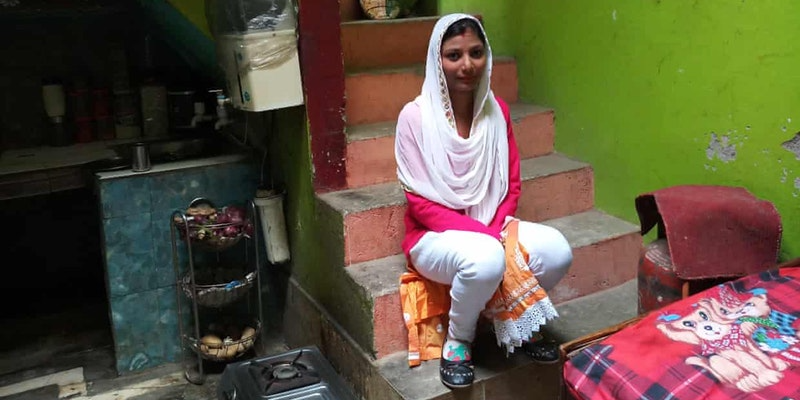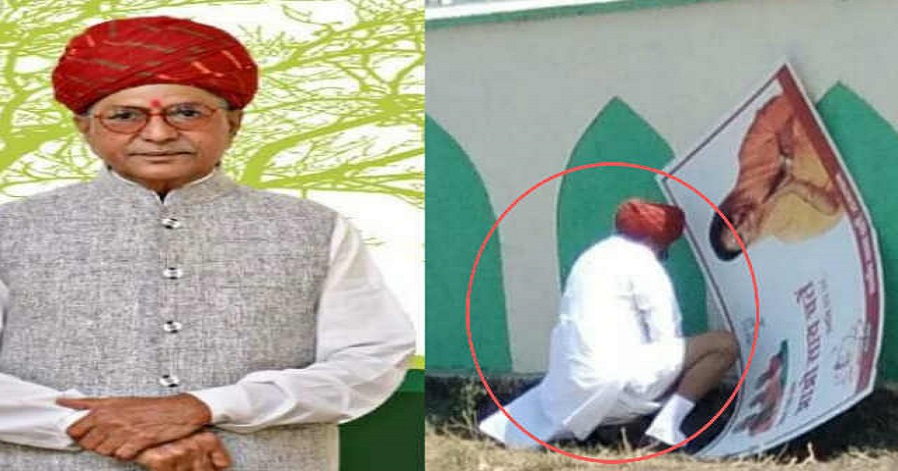No products in the cart.
Meet Komal Hadala- she single-handedly made her village ‘open defecation free’, let’s praise her
Almost 70% of the population lives in rural India and the public health conditions regarding clean drinking water, sufficient treatment and disposal of human excreta and sewage have been the main concern.
As per the latest report, 732 million people which is 56% of the Indian population still don’t have basic sanitation. Under the central government’s campaign, Swachh Bharat Abhiyan, 52 million household toilets have been constructed between October 2014 and November 2017.
But what seems to be continuing is the practice of the old-age tradition of ‘open defecation’. Open defecation is still being practised in some rural and slum areas of the nation. Despite the central government’s productive initiative, like Swachh Bharat Abhiyaan, many locations in India are still not open defecation-free.
Meet 21-year-old Komal Hadala, who has single-handedly helped build 250 toilets in two years in her village, Nithora in Uttar Pradesh, which has now been declared open-defecation free. Needless to say, it was not that easy for this newly-married women to accomplish the whole process.

In fact, there is nothing in this world that can stop women from doing many many good things in life. They are bound to achieve at a very young age and also they are destined to get better and brighter when they become old.
In an exclusive interview with The Better India, Komal said, “The task was inherently difficult. Sometimes the people would scold us. Sometimes they would scoff and scorn at us for being ‘jobless’. Often they would misbehave and taunt us as well.”
The actual goal to make the village open defecation-free started when Komal, who was born and raised in the national capital got married in 2017. Having grown up in the city, she never saw a home without a toilet, but when she got married and moved to Nithora, she was asked to accompany other women to relieve herself in the outdoors.
Komal added. “We would walk in groups for kilometres to find a secluded place. Men would jeer at us, and sometimes, farmers would shoo us away from near their lands. It was extremely embarrassing”, reports The Better India. Soon, Komal, who was repulsed by the idea, took matters into her own hands and spoke up against this practice.
Before she could actually reach out to the people of the village, Komal had approached her in-laws and husband who offered complete support. Later, she was joined by a few village women who backed her, when she went to the village head to ask for new toilets to be constructed. With some support from a few farmers, and the government, Komal got the funds to build toilets.
“We were used to going to the fields since our birth. How would that change in a day? It took time, but the scenario eventually changed,” Komal told Indian Women Blog.








